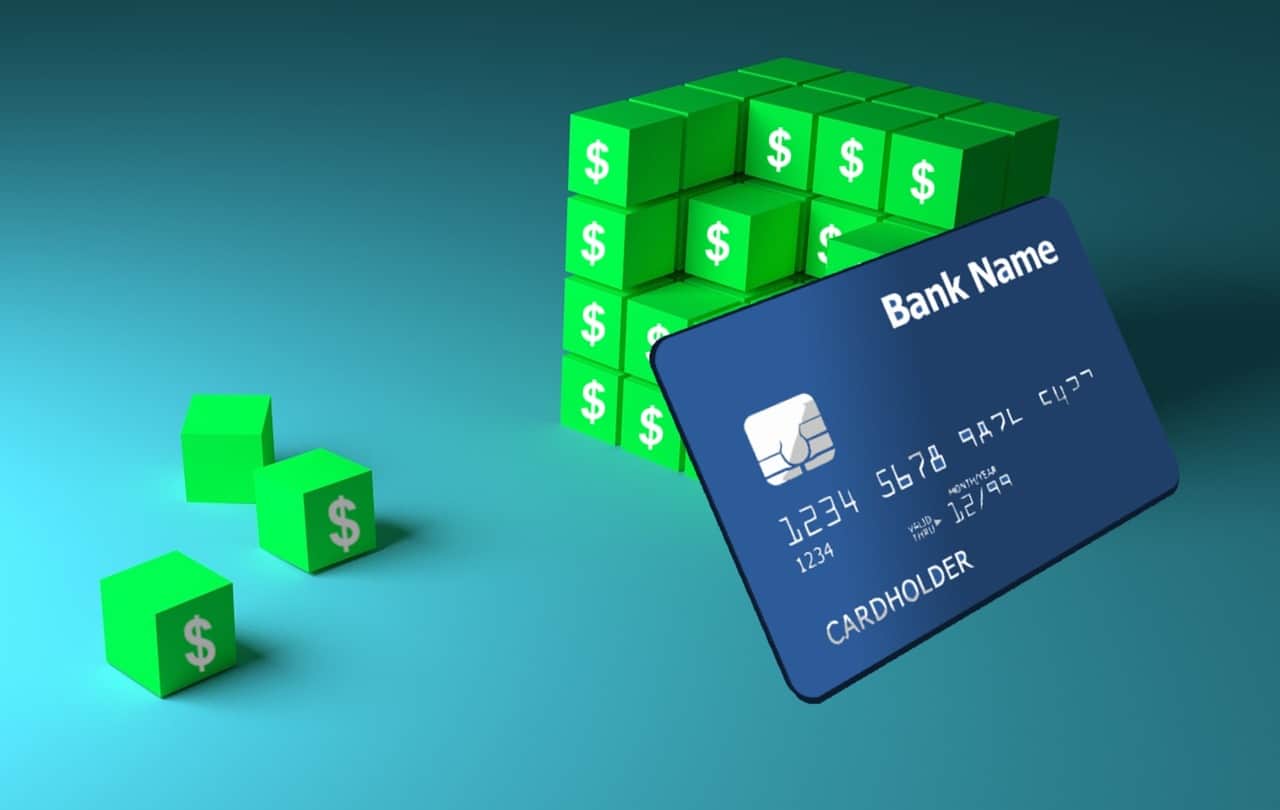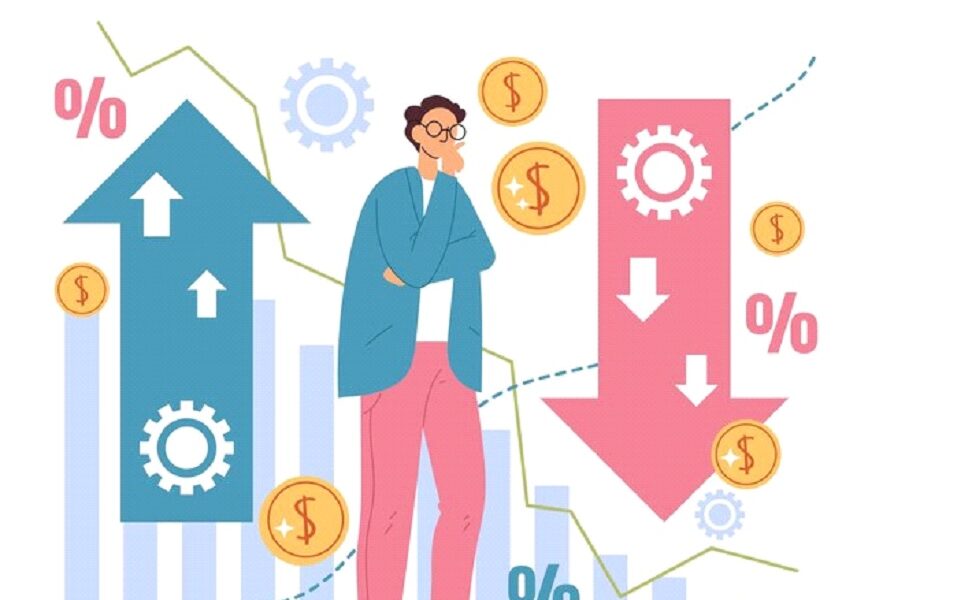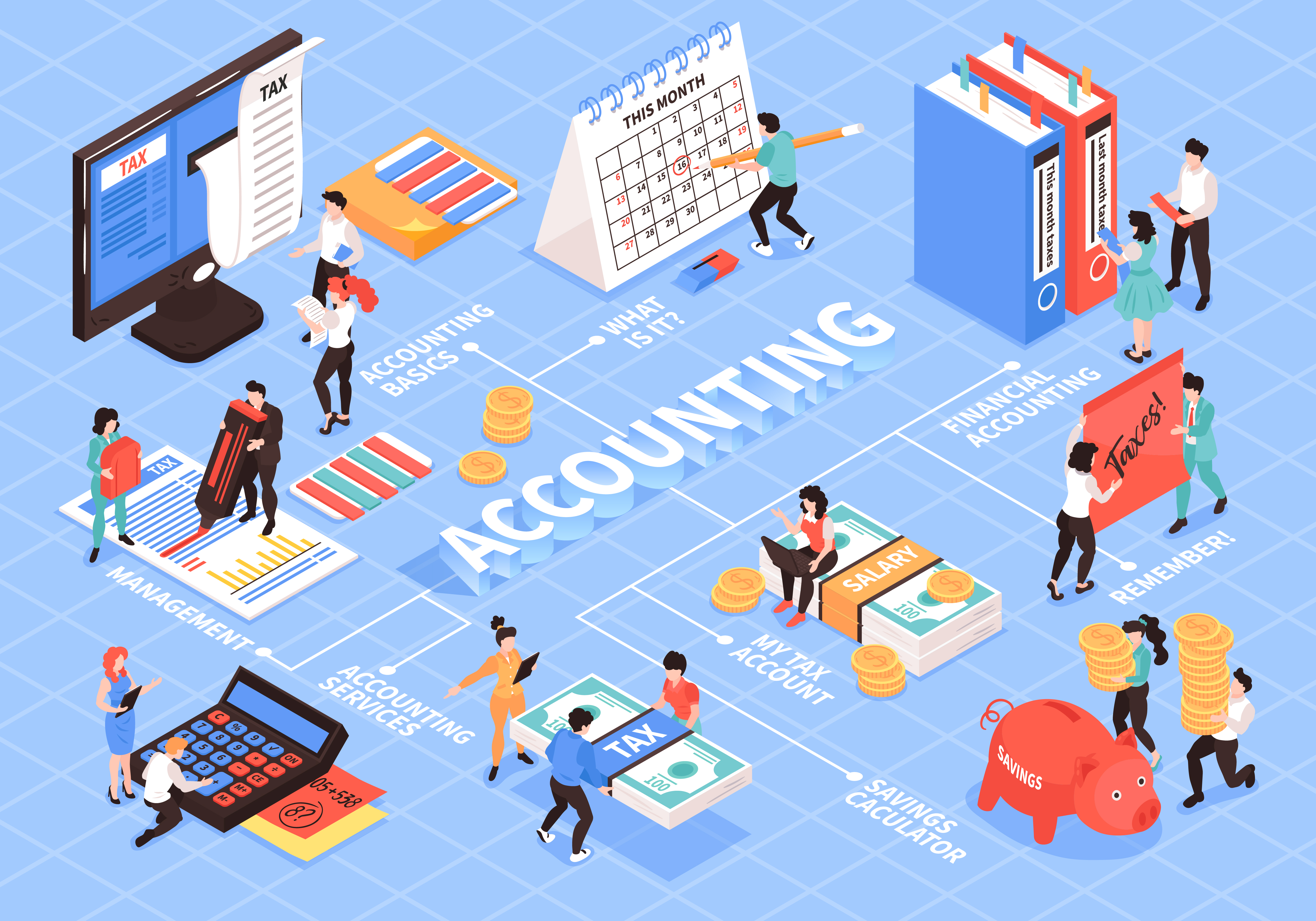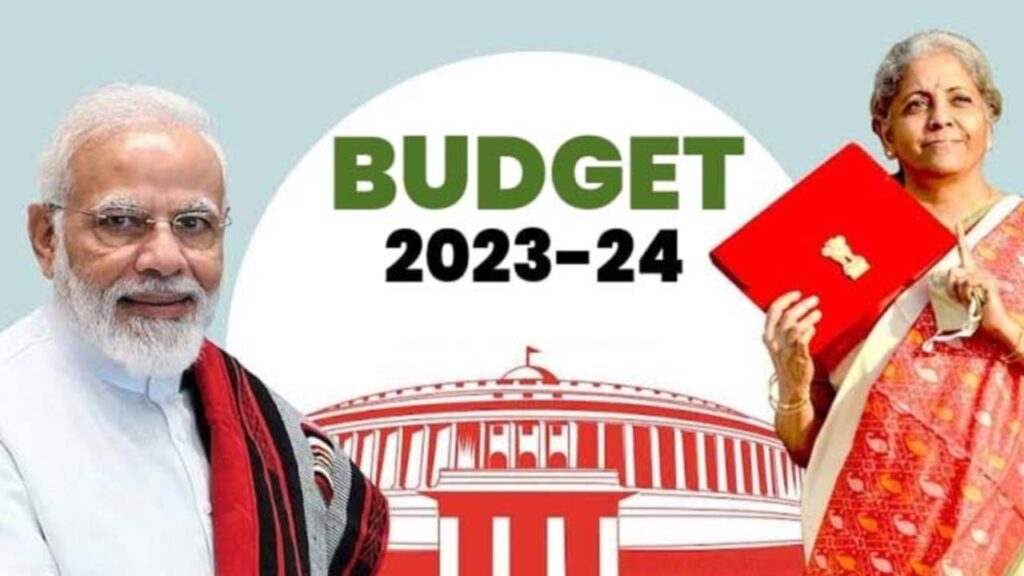
Can Your Credit Score Help You Secure a Loan?
| 3 minutes read
Having a good credit score is essential when it comes to obtaining financial products such as loans, mortgages and credit cards. A CIBIL score, which is also known as a credit score, is used by banks and lenders to determine your loan eligibility. But what exactly is a CIBIL score? And more importantly, can you get a loan without one?
In this article, we will discuss the importance of a CIBIL score, whether it’s possible to get an instant loan without CIBIL and how to improve cibil score. We’ll also look at alternative options available for those without a CIBIL score. So, buckle up and let’s dive into this topic
What is CIBIL Score?
A CIBIL Score is one of the most important financial indicators to consider when you’re looking for a loan or credit card. It provides lenders with an overall view of your creditworthiness, and it’s essential to understand how this score works before applying for any kind of borrowing.
So, what exactly is a CIBIL Score? Simply put, it’s a 3-digit numeric representation of an individual’s credit history. To calculate this number, the Credit Information Bureau India Ltd (CIBIL) collects and evaluates information from various banks and other financial institutions that report your repayment behaviour over time. This data is used to create a score ranging from 300 to 900; the higher your score, the better your chances of getting approved for loans and other types of credit. A good CIBIL Score usually falls in the range of 750 to 900.
How much CIBIL Score is Required for a Personal Loan?
Generally speaking, lenders look for a minimum score of 750 and above to approve a personal loan application. However, the exact figure varies from one lender to another and depends on various factors such as income level, employment status, etc.
If you do things like make payments on time and keep low balances on revolving accounts (like credit cards), that will help improve your credit score over time. On the other hand, late payments and high debt levels will drag down your score significantly. Using more than 30% of available credit can hurt your rating, while staying well below this threshold will help keep it healthy.
How will a Good CIBIL Score Affect Your Loan Eligibility?
A good credit score (750 or more) will give you access to greater loan amounts at lower interest rates because lenders see it as a sign of reliability and trustworthiness. On the other hand, having a low CIBIL score can significantly reduce your chances of getting approved for a loan, and if you do get approved, you may be subject to higher interest rates due to being considered as high risk.
People with a good credit score are more likely to get loan applications approved. A good credit score also gives you access to a wider range of financial products and services.
Moreover, lenders will offer borrowers with higher scores longer loan tenures so that they can spread out the payments over an extended period of time and make them more affordable.
Furthermore, those who have a good credit score often have easier access to pre-approved loans from banks and other lending institutions. This makes it much easier for them to apply for loans and get their funds faster than those with lower scores. Therefore, having a good credit score not only helps you secure funds but also saves you time when applying for loans!
What if you don’t have a CIBIL score?
When it comes to assessing an individual’s creditworthiness without the help of a CIBIL score, lenders rely on other aspects such as age, income and job stability. Age is looked at first because most people over the age of 25 will likely have some form of financial history associated with them. In addition, having a steady source of income is also seen as a positive sign since this shows they’ll be able to pay back any loans they may take on.
How to Improve Your Credit Score
If you want to improve your credit score, there are several things that you need to keep in mind. Firstly, having a balanced bank account is essential. This shows lenders that you are responsible with money and can manage your finances properly. Secondly, having a good income source is also important as it helps demonstrate that you can pay off any debt quickly and easily. Thirdly, if possible, try and get someone to act as a guarantor for your loan application – this will show lenders that someone is willing to back you up financially if anything happens. Lastly, make sure all payments are made regularly and on time; this demonstrates financial discipline, which could be key in deciding whether or not you’re approved for a loan product or service. By following these steps carefully, you should find it relatively easy to improve your credit score over time!
Final Thoughts
Even if you have no or a poor credit score, it is still possible to get approved for a loan, but it may be more difficult and require more effort. Therefore, it is important to take steps to improve your credit score before applying for a loan. This includes paying bills on time, managing debt responsibly, and monitoring your credit report regularly.

Born in the family of entrepreneurs and have inherited the same. Started building applications in order to pay for my tuition. Later founded a tech company, marketing agency, and media outlets.



